Talking to your kids helps keep them safe whether they’re online or offline. Even if your kid seems more tech-savvy than you, that doesn’t mean they’re not at risk. Knowing more about the potential dangers they face can help you protect them in the online world, by talking to them, setting boundaries and taking practical steps to keep them safe.
Being messaged by strangers
Living in a digital world is fantastic for keeping in touch with friends and family, but it comes with risks too. Strangers online can have very bad intentions when getting in touch with children and young people. It could be to scam them, steal their identity, or even groom them.
Social media and messaging apps are one way for your child to be contacted, but they can also be contacted via online games. Make sure they know who they’re talking to online and that they know only to talk to people they know in the real world.
As they get older and meet new friends online, make sure they know not to give away too much information about themselves and keep their location services on social media and gaming apps switched off. (If you’re not sure how to change location settings, the Internet Matters website explains how to do this on different platforms and apps.)
Help them to understand the difference between friendships developed in person, like at school or through a club, and ‘friendships’ made through online communities, like gaming communities or social media. And talk to them about not letting themselves be pressured into doing anything that makes them feel uncomfortable.
This page from CEOP Education on catfishing has some advice to help your kids spot the warning signs of a fake profile online.
Inappropriate or explicit content
There are lots of things we don’t want our children to see, from movies and TV shows that are unsuitable, to images showing upsetting and disturbing things, or it could be forums or articles about unsuitable topics.
Children are naturally curious about things, so try to make sure they come to you with questions about things they don’t understand. Even an innocent internet search could lead to them seeing unsuitable content. There are things you can do at home to limit what they can see and do online too. Our page on setting parental controls has more on this.
Sharing nudes (sexting)
There are lots of different reasons why young people might share sexual or intimate images or videos online. Our page on sharing nudes has information and advice on talking to your child or teen about sharing these kind of images and what to do if images are shared without their consent.
Sexually coerced extortion (sextortion)
Sextortion is a type of online blackmail where someone tries to use intimate, naked or sexual photos or videos of someone, real or fake, to make them do things they don’t want to do, like send them money. This may be a real image taken by the person themselves and shared online, or an image taken without their knowledge. Offenders may have used AI to alter some images that have been shared online or the images may not even exist. But the threat of having them revealed can be really frightening.
To reduce the likelihood of this happening, there are some key things we should all bear in mind when we go online, so make sure your whole family knows what to do.
- Remember that people online may not be who they say they are.
- Be careful how much information you share about yourself and your family online (you can read more about 'sharenting' here).
- Only switch your web cam on when you want to – otherwise keep it switched off, and preferably covered. If you do have it on, be careful about what you say and do.
- If you feel at all uncomfortable interacting with someone online, end the conversation and block the person if necessary.
- Keep your privacy settings updated – the National Cyber Security Centre has information on how to use social media safely here.
- Make sure your child or teen knows that they can always talk to you or another trusted adult like a teacher if they’re worried about this or anything else online.
- If you’re worried you or anyone else in your family might be being targeted, report it to the police and your online service provider.
If your child or anyone else in your family becomes a victim of sextortion, it can be very distressing. But there is lots of support out there for the whole family.
It's important to know that they are not to blame. The criminals running these schemes are the ones at fault for tricking or deceiving them.
Police Scotland have this advice:
- Don’t pay. Paying the demands won’t necessarily solve the problem – they may ask for more money or post the images online anyway.
- Don’t talk any further to the offenders – although it’s a good idea to screenshot their messages as evidence and to write down any details which you have about them.
- Deactivate any social media accounts which have been involved, but don’t delete them. This will make sure that important information and data is saved in case it is needed for evidence.
- Report the incident to your local police force by calling 101.
- Under 18s can report sextortion, or any other form of online child sexual abuse, to their local police force by calling 101, or to the NCA’s CEOP Safety Centre.
There are also practical steps you can take:
- It’s a good idea to change all your family’s passwords and set up two-step verification where it’s offered.
- Children and young people can report nude images and videos of themselves which have been shared online and get them removed through the Report Remove tool on the Childline website. They can also use Take It Down, which is a tool from the National Center for Missing and Exploited children. This can be used to remove images and videos, or to stop images from being shared online.
- Adults can contact the Revenge Porn Helpline.
Our page on what to do if things go wrong has more advice on support, and reporting and removal of images and videos. The National Crime Agency and Police Scotland have more information and advice on dealing with sextortion. You can also watch a helpful video about what to do on the Crimestoppers website.
Issues with social media, self-esteem and body image
Apps like TikTok, Snapchat and Instagram can be a great way for kids to connect with each other, discover new interests, and relax and enjoy themselves. But being overly exposed to unrealistic images of ‘beauty’ can sometimes make children and young people feel bad about themselves and their own lives. Our page on helping your child to have a good body image has lots of tips for encouraging your child to feel good about themselves, which will help reduce the impact of this exposure.
Most social media sites have a minimum age requirement of at least 13+. If your child is old enough to use social media, it’s a good idea to have a chat with them about who they follow or connect with, and to remind them that images they see are often edited or fake.
Before your child signs up to any social media channels, you could have a look at these top tips from CEOP Education together to help them prepare. You can also show them how to block inappropriate content and people they don’t want to interact with. The Internet Matters website shows you how to do this.
Our section on body image and social media for teens has lots of tips on how to help young people develop a good body image, build self-esteem and to use social media in a positive way.
Online grooming and child sexual abuse and exploitation
Child sexual abuse and exploitation is a scary thing to even think about. Unfortunately, new technologies make it easier for people with a sexual interest in children to contact a child directly and groom them online. Sometimes, people will even pretend to be someone much younger than they really are, even a child.
That’s why it's so very important to look out for your child when they’re online. If you notice behaviour changes – for example, if they become more secretive about their online activity or suddenly start avoiding their devices – you might want to ask them if anything is wrong or worrying them.
Our section on child sexual abuse and exploitation has advice on what you can do to protect your child.
Online pornography
Young people are naturally curious about sex, and this can lead them to online porn. They could have questions they don’t want to ask anyone else. Or they might stumble across pornographic content by accident. But online pornography can give people unhelpful and unrealistic ideas about sex, consent, relationships and body image.
We know that talking about sexual content online with your child can be difficult, but being open and honest with them about sex and relationships is important for their development. Our page on talking to your child about sex has more advice on this. There are also lots of resources to support you and give you confidence to speak to your children about sexual content online, including the Children First and NSPCC websites.
Our section on sex and relationships for teens has more advice and information around online porn, and how you can tell the difference between normal and unhealthy sexual behaviour online.
Online gaming
Online gaming is a fun way for kids to spend their time while playing with their friends on the internet. Some games teach them new things, and some are just lots of fun. But there can be risks here too. These risks can be anything from bullying and scams, like being tricked into giving away their personal details, to in-game spending and meeting dangerous people.
To help your child stay safe, talk to them regularly about the games they’re playing and who they are talking to. After all, if they were going out to see friends, you would ask them who they’re seeing – so make sure you know who they’re meeting online too. When it comes to games, you could even join in and play them together. It’s also important to check that they are appropriate for your child’s age. The Family Gaming Database helps you learn more about games and find games that suit your family's requirements.
You can also find out more about online gaming at the NSPCC website, YoungMinds and the UK Safer Internet Centre.
In this short video, gaming expert Andy Robertson discusses how parents can help keep children safe while gaming online.
In-game spending
Many games contain in-app purchases cleverly targeted at young people. These could be to buy new characters or accessories or unlock new levels. Children may not even realise they’re spending real money.
You can adjust settings on the app store you use (e.g. Apple Store, Google Play) so that you need to sign in to buy an app or get upgrades. We’d also advise against having your card details saved and ensure that in-app purchases are switched off where possible.
If you’d like to know more, this article from Internet Matters shows you how to control settings on gaming consoles.
Online bullying
It’s important to talk to your children about online bullying, so they know they can come to you if anything upsets them, and they know how to behave online with their friends. Our section on bullying has lots of information and advice about how to support your child if they are being bullied or are bullying others.
respectme also have a useful information sheet on online bullying that you can download here.
Technology assisted harmful sexual behaviour
Technology assisted harmful sexual behaviour is any unwanted sexual comments or actions that happen online. It can include:
- editing photos to make them sexual
- bullying someone online because they’re different to others of the same gender
- posting photos of parts of other children’s bodies to embarrass them
- making 'jokes' about someone’s sexual orientation.
This can be very hard for young people to deal with, especially when it’s other young people who are doing or saying these things. They may not even realise that what they’re seeing is not okay until it’s been happening for a while or until it happens to them or someone they know.
Although this kind of unwanted online sexual harassment affects young people of all genders, girls are more likely to experience it than boys. Our page on gender stereotypes looks at how you can challenge the kind of thinking that leads to some people feeling it’s okay to harass and bully other people online, and why they can feel too uncomfortable or scared to report it.
It's important to tell your child that if they take sexual photos or videos of themselves (nudes), it's illegal for those images or videos to be shown or shared more widely. The law says that it's illegal for anyone to take, have or share a nude image or video of anyone under 18. However, there may be an exception to this where each of the following apply:
- the young person in the image or video is at least 16,
- the person in the image or video and the person they sent the image to are in a romantic relationship,
- the person in the image consented to the image being taken or made and in their romantic partner’s possession, and
- the image was shared only with each other.
Our page on sharing nudes has information and advice on talking to your child or teen about sharing these kind of images, the laws around intimate images and what to do if images are shared without their consent.
The Childnet website has advice on how you can talk to your child about online sexual harassment. Our page on what to do if your child has a negative experience online has more information about how you can report inappropriate online content and behaviour, and how you can get support. If you’re worried about your child, you can get further help from the NSPCC or Children First's support line.
Online gambling
Gambling is often sold as harmless fun. But it can easily become a problem – not just for adults, but for children and young people too. The legal age for online gambling in the UK is 18, but this doesn’t necessarily stop under 18s getting onto gambling sites.
Talking to your children about gambling can stop it from becoming a problem. Talk about the problems it can cause, and let them know that gambling is never a good or easy way to earn money. Our page on talking to your child about gambling has more tips and advice.
The Gambling Education Hub has a useful leaflet with advice for parents and carers about this, which you can download here.
Privacy and data theft
Just like adults, children are at risk of having their online identity stolen and misused. It’s important that they don’t give away too many personal details online. Let your child know that they shouldn’t tell people their full name, address, phone number, date of birth, school or the town where they live, when they’re online. You can also talk about the importance of having a strong password, changing passwords regularly and not sharing passwords with anyone – even their best friend. You’ll find more practical tips for protecting your child’s identity online on the Internet Matters website.
The CyberScotland Online Safety hub has lots of useful information on safer browsing, spotting and avoiding scams and reporting cybercrime. You can also sign up for CyberScotland’s email bulletin to stay up to date with the latest safety advice.
Harmful challenges
Every so often, you may hear about dangerous online challenges that are encouraging children to hurt themselves or other people. And you may feel you should warn your child and other parents about it. But in fact it’s best not to name it or to describe the details of the online challenge to other people – because spreading the word about it can just draw more attention to it.
Instead, talk regularly to your child about how to say no to things which sound fun or exciting but they don’t feel comfortable doing. Our page on peer pressure has tips for helping your children with this. It’s also good to remind them that if anything makes them feel uneasy or if there’s anything they’re not sure about they can always talk to you, or to another trusted adult like a teacher.
If your child does take part in one of these challenges, try to stay calm and talk about it together. Our >page on talking to children about online safety has more tips on how to do this.
If you or your child sees something harmful online, the best thing to do is to report it – our page on what to do if things go wrong explains how. The Internet Matters website has more advice on setting up controls across the networks, devices, apps and sites your child uses to help filter out harmful content.
Misogynistic content
Sadly, young boys are at risk of encountering ‘incel’ content online that encourages hatred and violence towards girls and women. ‘Incel’ is short for ‘involuntarily celibate’. It’s a name used by men and boys who feel rejected by women, and who use online forums to discuss misogynistic and violent ideas.
This sounds scary, however there are lots of things you can do to discourage your child from getting caught up in this kind of content, including:
- Letting boys know that there’s nothing wrong with showing or expressing their feelings – it makes you stronger, not weaker. Our pages on forming a good relationship with your child and encouraging them to confide in you have tips to help with this.
- Helping boys realise that they don’t need to be confined to a limited, old fashioned view of what a boy or man should be or do. Our page on challenging gender stereotypes has more advice.
- Talking about how it’s okay to be different, and how boring life would be if we were all the same. Our pages on talking to your child about LGBT+ and gender identity and about neurodiversity have more tips for celebrating difference.
- Discussing behaviour that’s not okay – this could include things like taking or sharing photos of others without their consent, or using sexist language. Our page on talking to your child about sex has more tips on talking about things like consent and pornography.
- Talking to them about how to take rejection. If they ask someone out, and that person says no, they can say 'Thank you for being honest with me' or 'No problem' and walk away. Let them know that if that person doesn’t want to go out with them, it doesn’t mean there’s something wrong with them. They’re just not the right person for them. Equally, you can remind them they can say no to things that they don’t want to do.
Filming and sharing violent incidents
Another upsetting thing your child may come across online are films of fights and other violent incidents, possibly between other children or young people that they know or who go to their school. They may be encouraged or pressurised by friends or people they know to engage with this kind of content by liking or sharing it, or even filming it themselves. So it’s a good idea to talk to your child about how to respond if they see this kind of content. This video above has some suggestions – you could try watching it with your child to see what they think.
You could also have a look at our page on peer pressure for more advice.
 Activities & Play
Activities & Play Behaviour
Behaviour Childcare
Childcare Development & Growing Up
Development & Growing Up Family, Friends & Relationships
Family, Friends & Relationships Feeding Your Baby
Feeding Your Baby Food & Eating
Food & Eating Health & Safety
Health & Safety Mental Health & Wellbeing
Mental Health & Wellbeing Money & Work
Money & Work Online Behaviour & Safety
Online Behaviour & Safety Pregnancy & First Days
Pregnancy & First Days School & Education
School & Education Sleep
Sleep

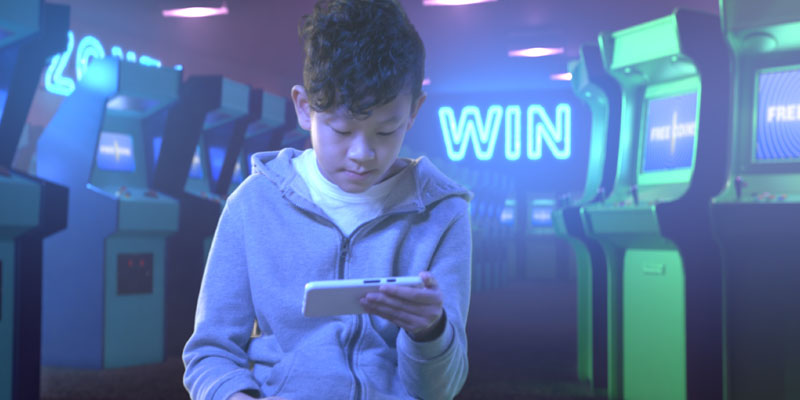
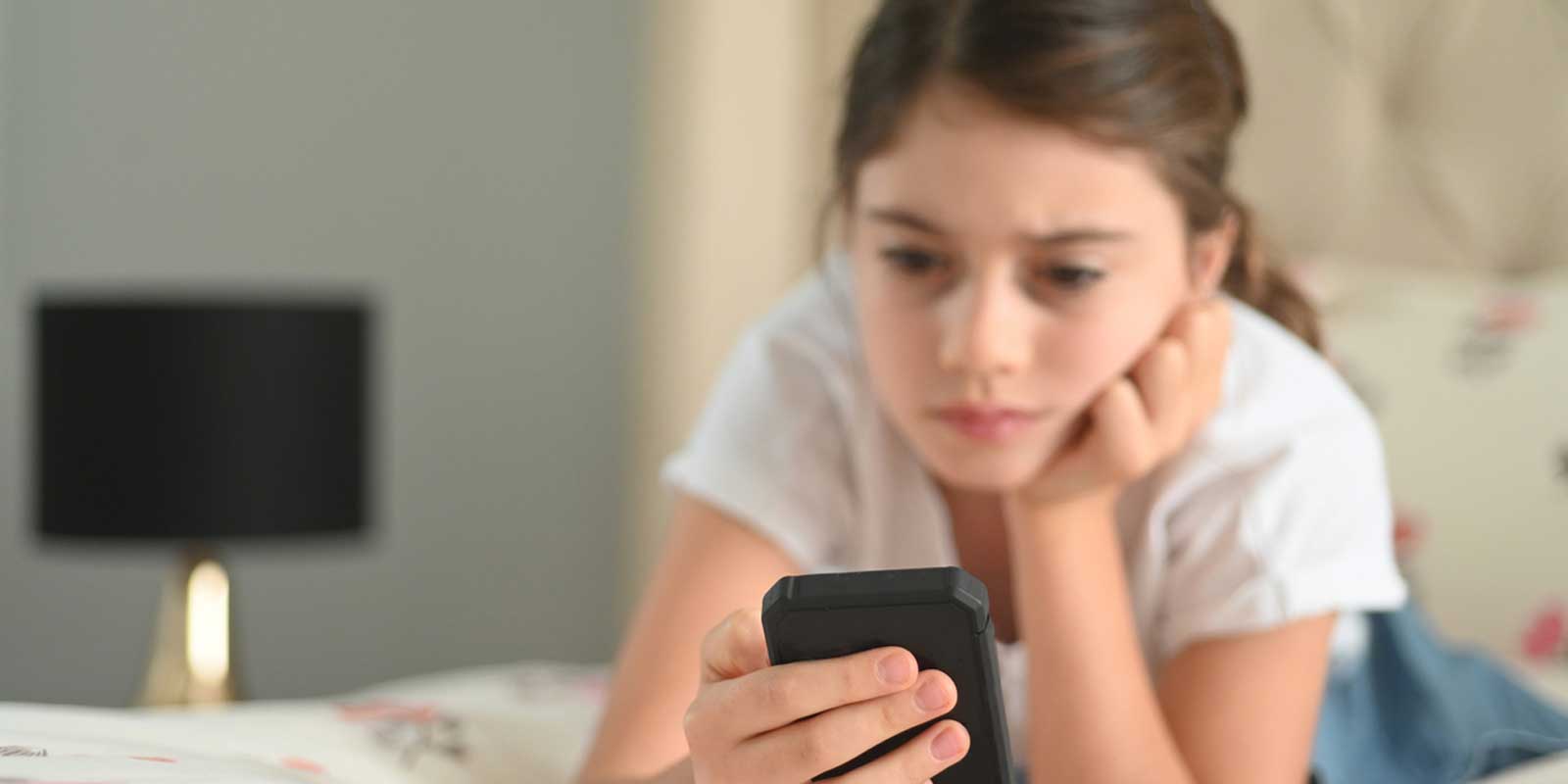
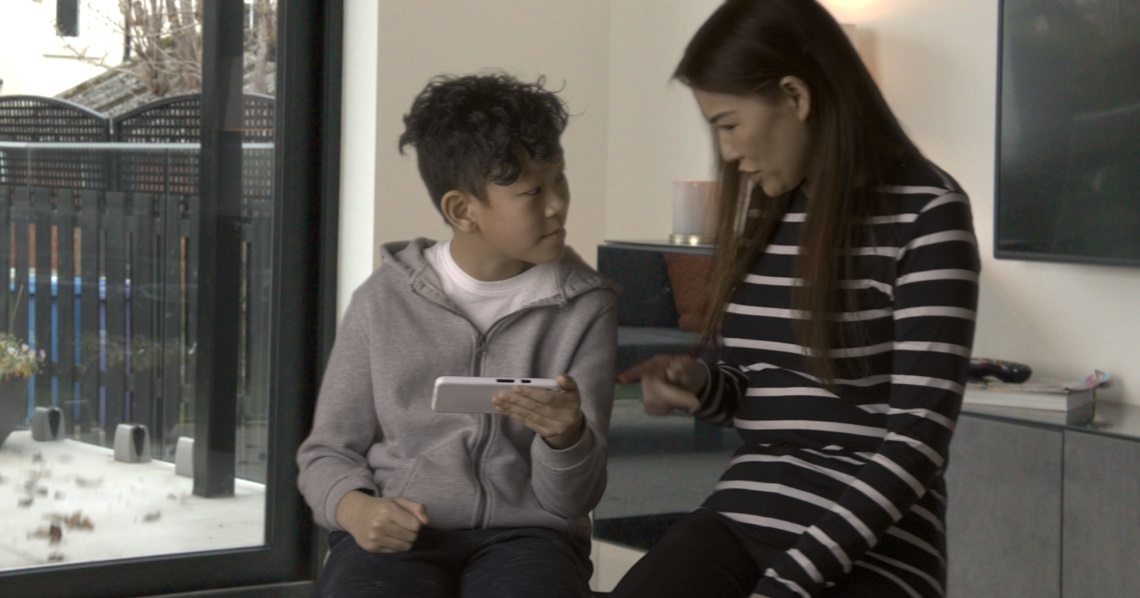
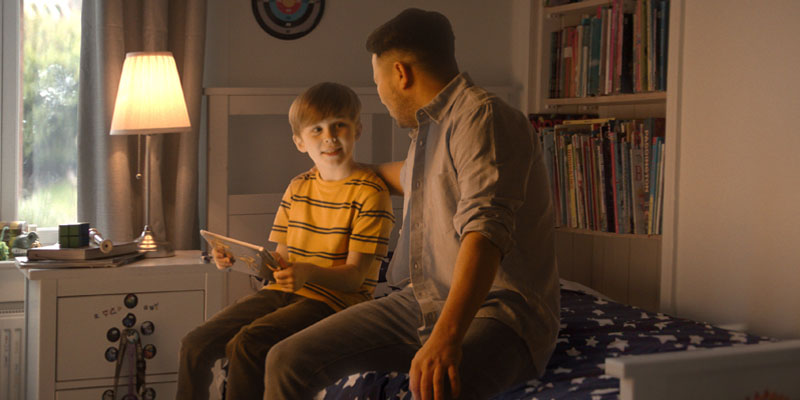
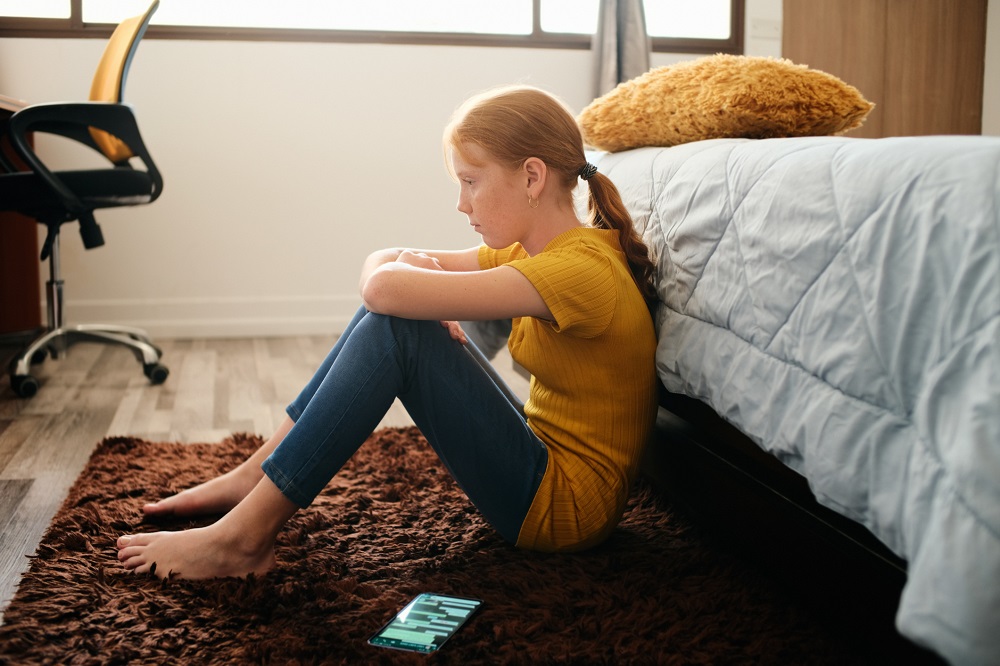
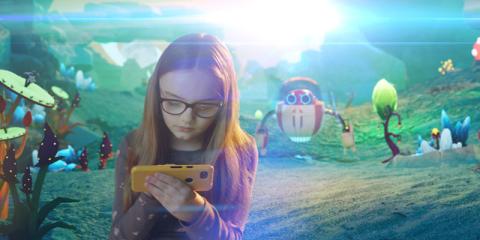
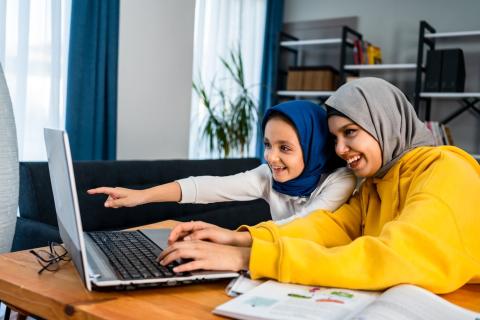

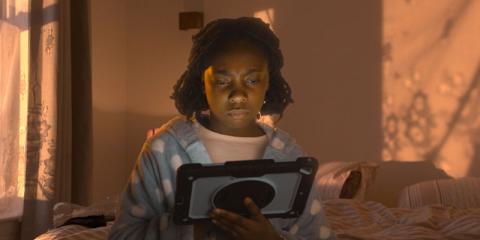
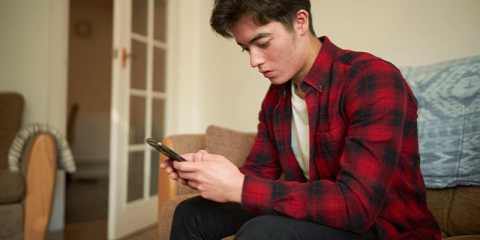
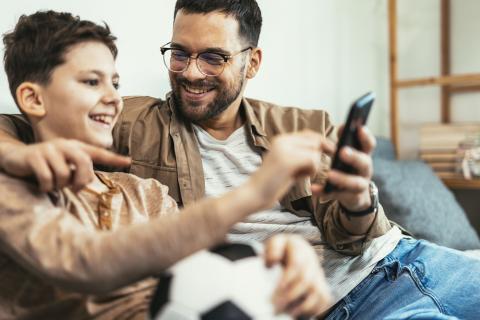
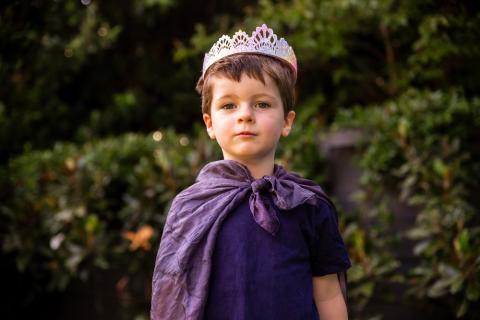
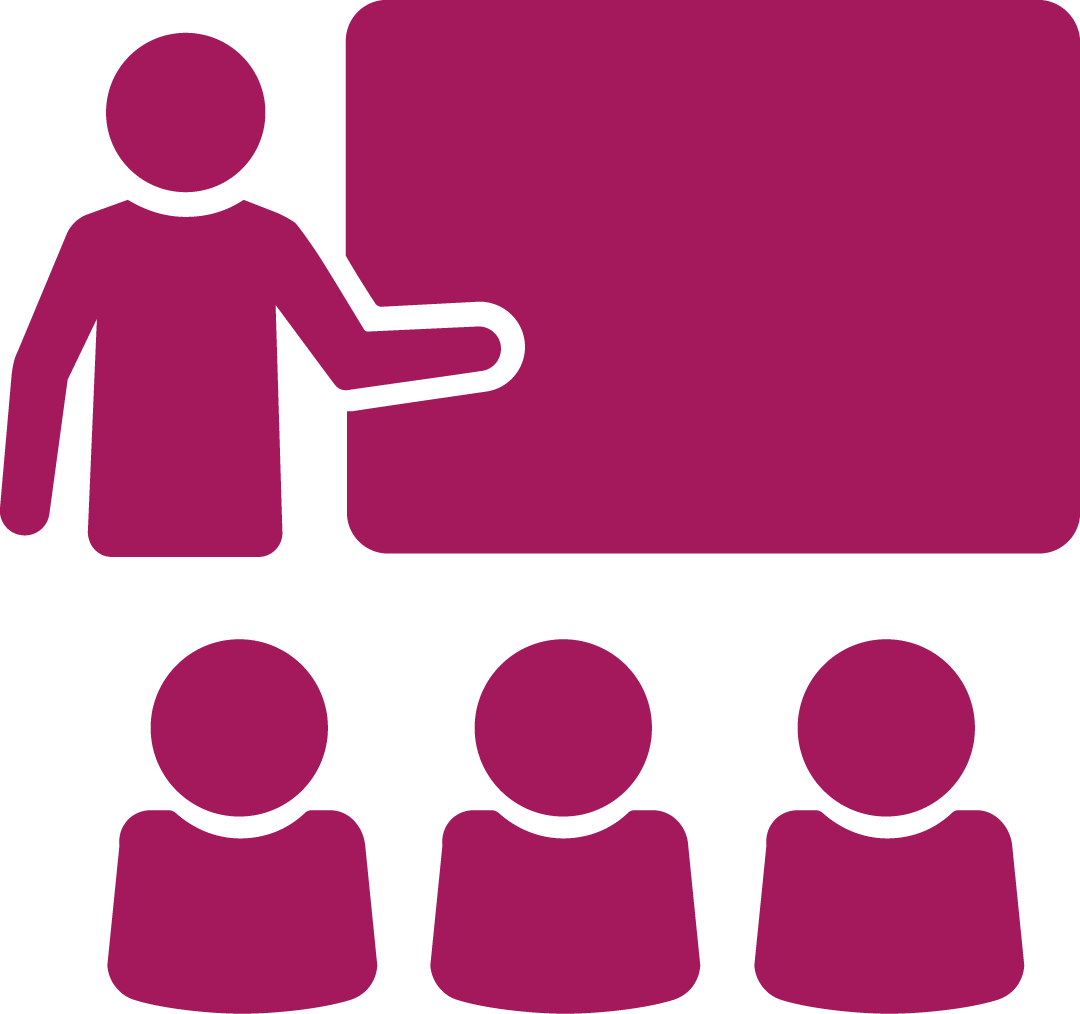 School & Education
School & Education
 Mental Health & Wellbeing
Mental Health & Wellbeing